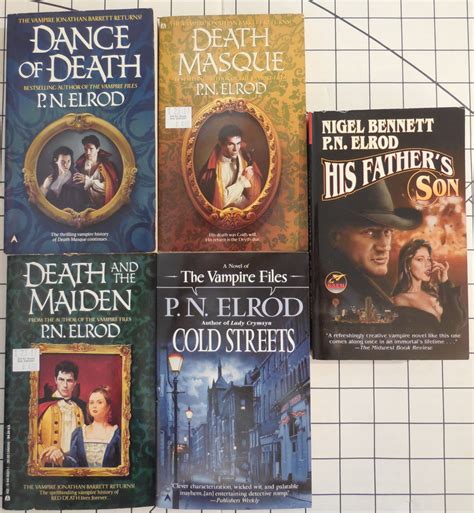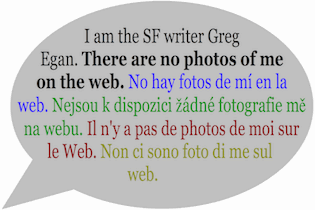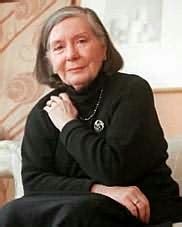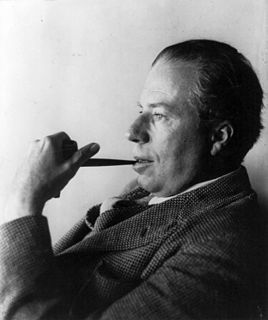A Quote by Julianna Baggott
When a colleague of mine had a notable New York Times book, I said, turn one of the chapters in the collection into a pitch for a novel and sell it to your publisher.
Related Quotes
Many writers will get a contract by selling chapters and outlines or something like that. I wrote the entire novel, and when it was all finished, I would give it to my agent and say, 'Well, here's a novel; sell it if you can.' And they would do that, and it was good because I never had anyone looking over my shoulder.
Notable American Women is an enchanting and moving novel. Like Italo Calvino and Lewis Carrol, Ben Marcus reconfigures the world that we might see ourselves in a cultural and moral landscape that is disturbingly familiar, yet entirely new. As though granted a new beginning, Marcus renames the creatures of our world, questions who we are and who, as men and women, we might be. Notable American Women is a wonder book, pleasurable and provocative.
Everything I learned and didn't do in New York I would put into place here in the London West Hollywood. It's fascinating, when you look at the critics' reviews, and we had a great one in the New York Observer and all that, and then the New York Times came and it was a devastation; two stars out of four. They said that I played safe because it wasn't fireworks. Then they judged the persona over the substance that was on the plate.
Certain kinds of things that the novel used to do, which was, "Oh, I'm living out here in West Nowhere, Nebraska and I'm curious how the upper class in New York City lives, I guess I'll read a novel about it." We don't have to do that now. You just turn on the TV. Turn on Lifestyles Of The Rich And Famous. You can get that information anywhere. Novels don't have to do that anymore.






































